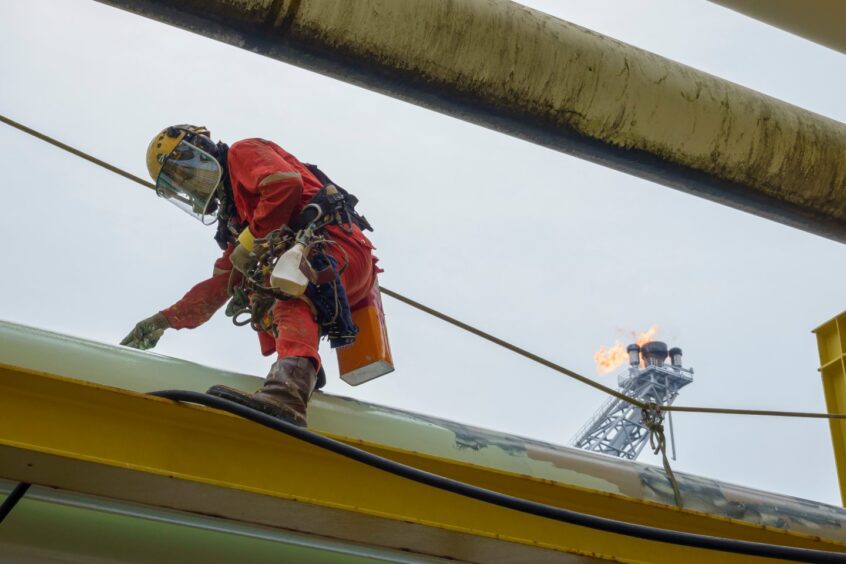
Companies in the energy sector supply chain are fed up with being blamed for “constraints” that are standing in the way of reaching net zero goals, a new report has said.
Instead, delays to the development and deployment of clean energy projects are “more to do with policy and funding gaps”, according the eighth annual Survive and Thrive report from the Energy Industries Council (EIC), which lays claim to being one of the world’s largest trade associations for companies supplying goods and services to the energy industries worldwide.
The survey features insights from 134 companies (up 40% from last year). Half were based in the UK.
It highlighted a number of complaints on behalf of the energy sector supply chain as well as some positives.
Boom but bust
Of these, the survey found that the “boom times” are accelerating as firms enjoy a “plethora of opportunities to choose from”.
Perhaps the downside of this is that while contracts are being won, bad behaviours such as late payments are worsening. EIC said there are “many stories of companies not getting payment for six months or more”. This means that the sector faces a “quandary; we now face boom times at the revenue and opportunity level but this is not yet matched by boom times at the profit and cash generation level”.
Patience wearing thin
However it was the dearth of green energy projects which means patience among firms surveyed was wearing thin waiting to “do the right thing in terms of net zero”.
The report said: “The truth is that, although many companies are investing heavily in anticipation of much-publicised and much-pledged green projects, the vast majority have not yet reached FID and as such are not ‘real’ to the majority of the supply chain.
“Unless the economics and geopolitics improve, we may see the % of companies choosing these categories for growth reducing in future years as they lose patience waiting for ambition to become reality, instead switching to more lucrative and ready-now markets like oil and gas, defence and infrastructure.”
Stuart Broadley, CEO of the EIC, said: “This year we’re seeing a mixed picture. While activity across the energy supply chain remains high, companies are facing significant hurdles due to policy uncertainties. This is a critical time for the industry.”
For the eighth consecutive year, the Survive and Thrive report notes that the development of new export or international regions remains the least used growth strategy, with only 7% of companies venturing into new markets.
The majority focus instead on domestic or well-trodden overseas markets like North America, Europe, and the Middle East.
High costs and insufficient government support, such as lack of financial support and unfavourable tax environments, are major deterrents. Clear policies and trade agreements are essential for making new market entries more feasible, according to the views of supply chain businesses shared in the report.
“Exporting to new markets remains the hardest growth strategy,” said Broadley.
“Government support, with fewer exclusions around oil and gas, is crucial for companies to navigate new territories, many of which have important hydrocarbons activities that are also in transition.
“Our members are asking for more engagement from trade missions and embassies to provide necessary market access and early clarity on new market challenges such as local content needs.”
Developing client-facing services and solutions has emerged as the most popular growth strategy this year, with 82% of supply chain companies now working directly with operators, increasingly sidestepping the traditional model of contracting via tier 1 EPC contractors. This shift allows companies to forge deeper relationships with end-user clients and increases the chances of having their technology pre-specified.
Listen to us
Another gripe is that respondents to the EIC report feel no-one is listening to them.
“What our members are telling us is that the energy supply chain needs to be listened to by policymakers,” said Broadley. “Clear and consistent policies, financial incentives, and an understanding of the entire and largely integrated supply chain’s needs are crucial.
“Policymakers should de-silo energy policy, ensure an overarching target with contributions from all stakeholders, and recognise the impact of increased taxes on operators.
“Upgrading capabilities to meet net-zero demands, reassessing local content regulations, and providing a clear roadmap for energy projects are essential steps to support and nurture the energy supply chain.”


